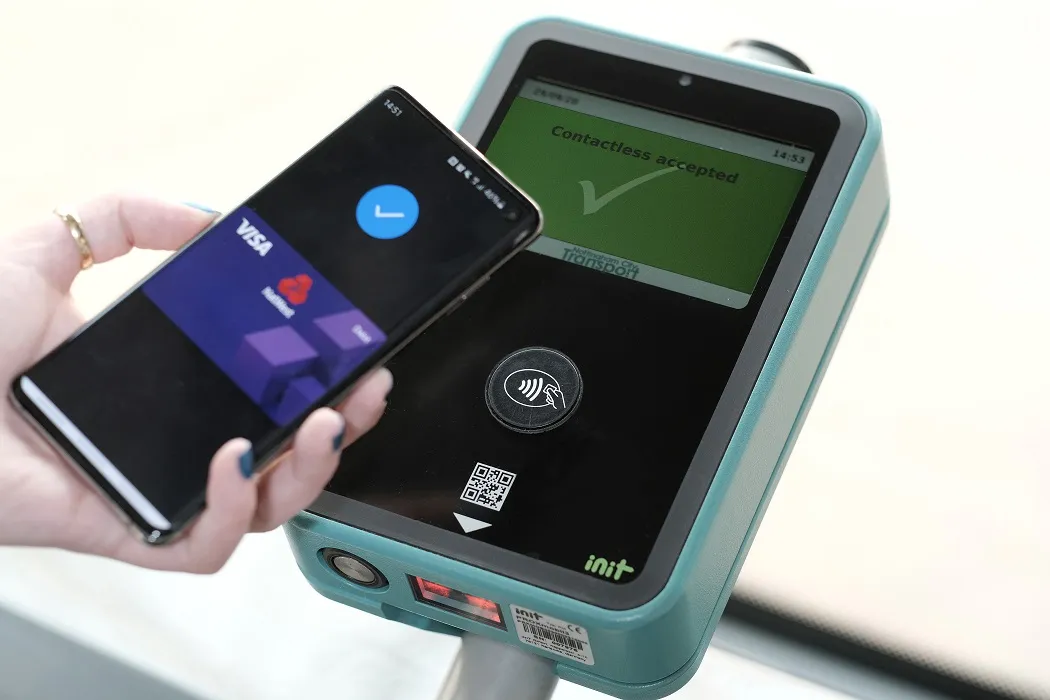UK public transport operators Arriva, Stagecoach and Merseytravel have signed a new agreement that will deliver more than US$32 million (£25 million) worth of investment in Liverpool’s bus services in year one of the five year partnership.
The Liverpool City Region Bus Alliance will provide the region with improved, more efficient, joined-up and better value services. The agreement also sees a commitment from operators to provide modern bus fleets with an average age of no more than seven years.
Pas
October 4, 2016
Read time: 2 mins
UK public transport operators 476 Arriva, 805 Stagecoach and 8509 Merseytravel have signed a new agreement that will deliver more than US$32 million (£25 million) worth of investment in Liverpool’s bus services in year one of the five year partnership.
The Liverpool City Region Bus Alliance will provide the region with improved, more efficient, joined-up and better value services. The agreement also sees a commitment from operators to provide modern bus fleets with an average age of no more than seven years.
Passengers will benefit from a range of new services and customer-focused improvements, including improved smart ticketing and wi-fi and USB charging on all new buses so passengers can charge their mobile devices on the move.
The formal signing of the Bus Alliance agreement also releases additional Government OLEV funding for 72 new, greener buses across the City Region.
The two operators will partner fully on a range of initiatives including marketing campaigns, on-bus cleaning and customer service training. The agreement promises improved links to the city’s John Lennon Airport, and a new night bus service will continue to be piloted.
To encourage significantly more people to use buses across the city region both operators will also sign up to clearly defined targets around punctuality and passenger satisfaction.
The Liverpool City Region Bus Alliance is a key element of a comprehensive bus strategy for the region. Built around the idea of ‘multimodal’ transport for customers, changing between rail and bus services will be simplified making journeys easier and more enjoyable for passengers.
The Liverpool City Region Bus Alliance will provide the region with improved, more efficient, joined-up and better value services. The agreement also sees a commitment from operators to provide modern bus fleets with an average age of no more than seven years.
Passengers will benefit from a range of new services and customer-focused improvements, including improved smart ticketing and wi-fi and USB charging on all new buses so passengers can charge their mobile devices on the move.
The formal signing of the Bus Alliance agreement also releases additional Government OLEV funding for 72 new, greener buses across the City Region.
The two operators will partner fully on a range of initiatives including marketing campaigns, on-bus cleaning and customer service training. The agreement promises improved links to the city’s John Lennon Airport, and a new night bus service will continue to be piloted.
To encourage significantly more people to use buses across the city region both operators will also sign up to clearly defined targets around punctuality and passenger satisfaction.
The Liverpool City Region Bus Alliance is a key element of a comprehensive bus strategy for the region. Built around the idea of ‘multimodal’ transport for customers, changing between rail and bus services will be simplified making journeys easier and more enjoyable for passengers.







